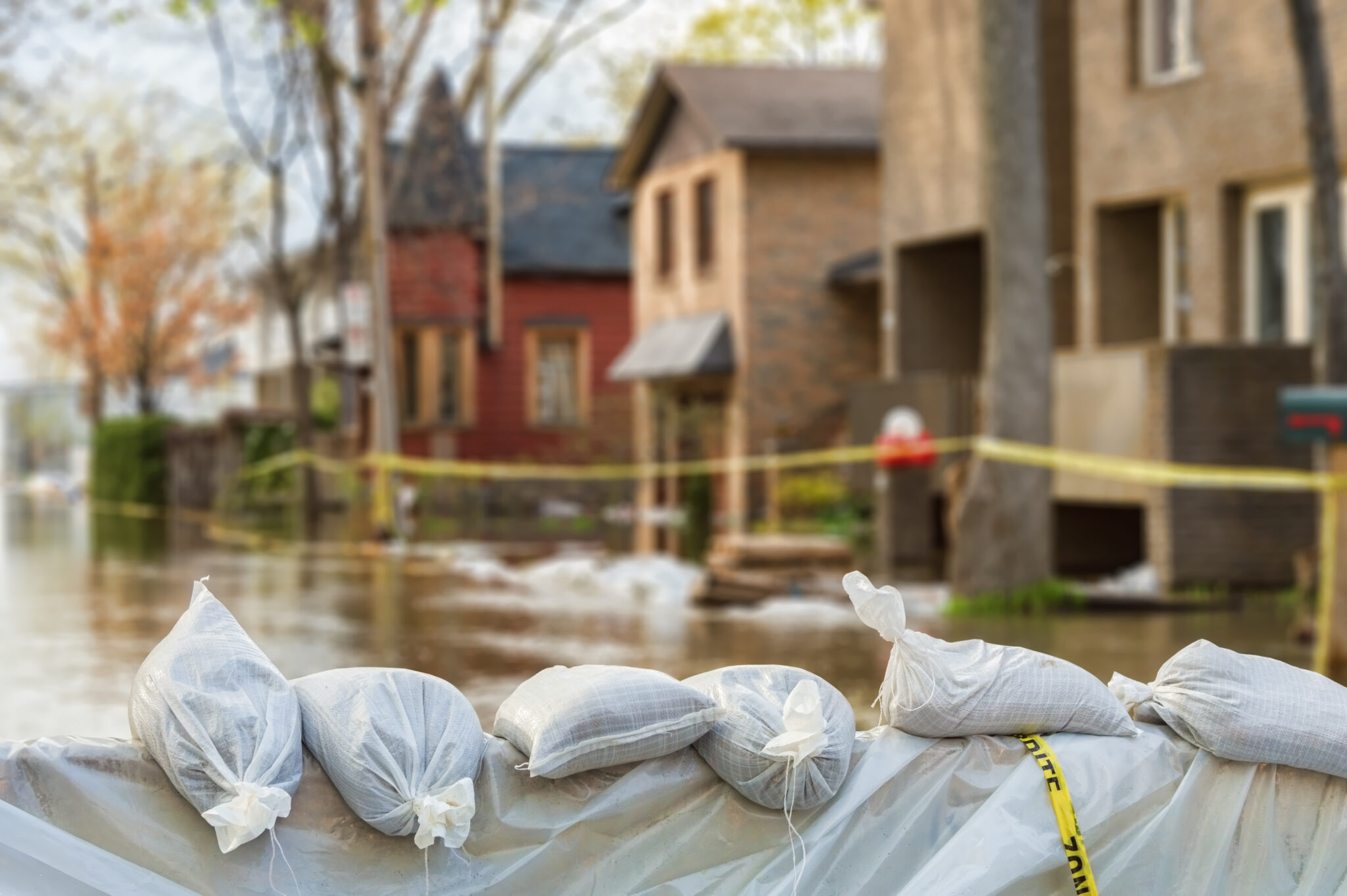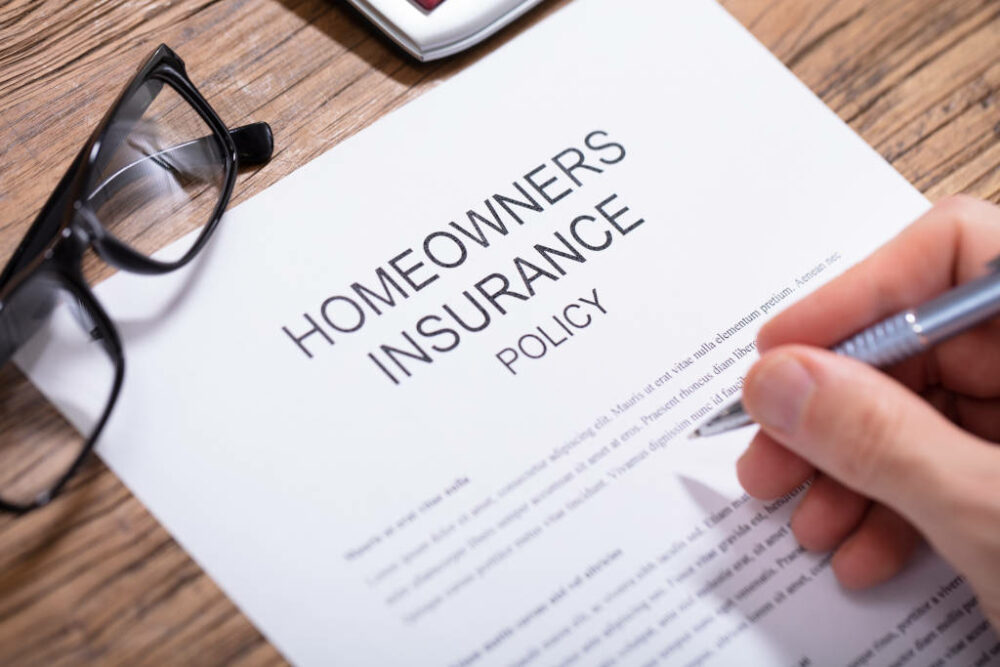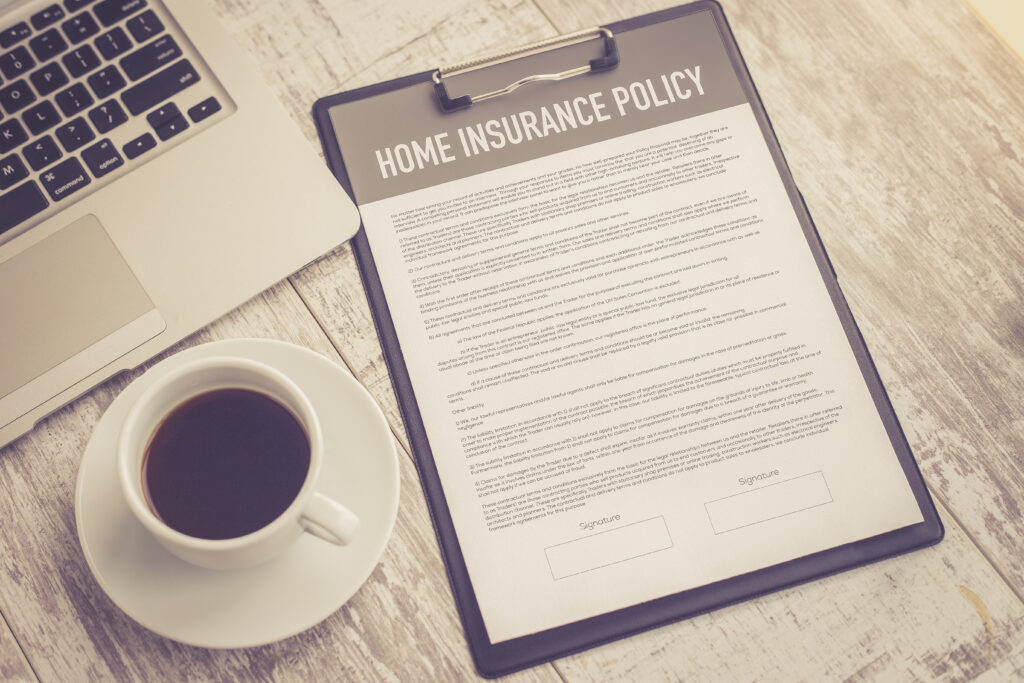Homeowners insurance protects your house from nearly all risks that threaten your house and property. But there are several dangers and situations a standard policy doesn’t cover. In some instances, you can purchase additional coverages and endorsements to safeguard your home. And it can help you save some money along the way.
Homeowners covers the dangers that could threaten your house. The most popular home insurance product is form HO-3. This is because it includes all four primary coverages, as well as protection for all 16 of the main perils (unless your insurer omits any).
In this article, you’ll learn about all the things that a standard homeowners policy won’t cover. This includes alternative ways you could seek coverage, or how you could prevent the events that home insurance doesn’t take care of. We’ll also answer some frequently asked questions.
Wear and Tear
Home insurance doesn’t cover the natural wear and tear that occurs as your house ages. If, say, your roof begins to weaken as time goes on, your policy won’t help you replace it. You’ll have to pay for the repairs on your own.
Homeowners also doesn’t offer coverage for the weathering of your house’s contents. For example, you won’t be able to use your home insurance to fix or replace your dishwasher if it begins to act up and eventually breaks down.
Homeowners only covers random or sudden events. Think of disasters that cause sizable amounts of damage. Home insurance providers know that houses and the things in them get old and eventually give out. If they provided coverage for normal wear and aging, people would file even more claims and cost companies even more money.
Lack of Maintenance
Properly maintaining your house and its grounds is one of the most important duties of a good homeowner. But if you don’t keep up with maintenance and notice expensive damages, it won’t be possible to file a claim with your home insurer. You’ll have to pay for any damages from a lack of maintenance yourself.
A good rule of thumb to follow is that if you could’ve prevented something, then your homeowners policy won’t cover it. For instance, imagine that you know your house has a problem with termites, but you haven’t done anything about it. If they begin to destroy the wood, you can’t call your provider to help repair your house. This would be a lack of maintenance since you ignored the problem and didn’t call a pest control company.
Homeowners insurance also won’t repair appliances that you didn’t maintain or properly install. Be sure that you or anybody you hire correctly install all appliances or other things on your house such as your roof and siding. Otherwise, not only is your house more at risk of damage, but an adjustor could find out about the bad installation and deny your claim.
Floods
One of the major things a standard home policy won’t cover is damage caused by flooding. You’ll need to get flood coverage separately if you want it. You can usually get it by using the National Flood Insurance Program (NFIP). Note that some mortgage lenders may require you to buy additional protection if you live in an area that’s prone to this disaster.
Flood insurance could potentially save you from having to pay tens of thousands out of pocket for repairs. This is the case even if you don’t live in a high-risk flood area. Per the Federal Emergency Management Agency (FEMA), you could face $25,000 in damages from just one inch of water.
Earthquakes or Landslides
Homeowners also excludes coverage for damages from earth movements. This includes events such as earthquakes, landslides, and sinkholes.
You can add earthquake insurance as an endorsement to your existing policy. It’ll help cover damages to your house and personal items. It also handles the cost to remove any debris from your property. Keep in mind that this coverage only pays for damages directly that quakes and aftershocks cause.
Earthquake insurance won’t cover events such as:
- Tsunamis
- Landslides
- Mudflows
Earthquakes can cause massive damages that could cost you tons of money or destroy your house altogether. It’s a good idea to get earthquake coverage to protect your home and everything inside it. Even if you don’t live in a state known for its earthquakes.
Mold
Home insurance protection doesn’t typically include damages from mold or fungi. It’ll only provide coverage for mold inside your residence if it forms because of a covered peril. For example, if faulty plumbing causes water damage in your house and mold begins to grow in a room and cause damage, you may be able to file a claim with your insurer. This is because the water damage, which your homeowners policy usually covers, caused the mold’s growth. Carriers may refer to this as “resulting damage.”
Mold is an issue that can creep up on you and end up doing lots of damage. But you could fight against it by keeping your house and items dry. Performing regular cleaning is also a smart practice. This is especially the case in damp places like bathrooms where mold can grow.
Some insurers offer extra riders or endorsements for mold. Try checking with your homeowners provider to see what additional coverage options they may offer.
Plumbing Issues
Your homeowners won’t pay to fix or replace damaged tanks or burst pipes. It’ll pay for water damage to your house and belongings because of the plumbing issue. But it doesn’t include coverage to repair the root cause of the problem. It may be a good idea to talk to your agent to find out more about how home insurance handles plumbing-related damages.
Sewer Backups
Another cause of damage that standard homeowners policy doesn’t take care of is water damage from sewer or sump-pump overflows. You could experience costly water damage or losses if a backup of any kind occurs. But you can typically get protection from sewer backups with an endorsement or extra coverage from most insurers.
Damaged Caused by Animals or Pests
Your home insurance won’t pay for any damage to your house that’s caused by pests such as rodents, birds, or insects. And it also doesn’t cover any damage done by your pets. Note that this includes any of the structures located on your property, including sheds or guest houses.
Animals and bugs can cause substantial damage to your house, both inside and out. That’s why it’s especially important to take steps to prevent unwanted visitors from invading your house. This includes actions like:
- Calling a pest or animal control service
- Setting up traps around your property
- Performing regular yard maintenance
- Not feeding wild animals
Safeguarding your home can shield you from having to pay a lot of money to either remove the pests or undo the damage they caused.
Frequently Asked Questions
Which two disasters aren’t covered by homeowners?
The two most prominent disasters that home insurance doesn’t cover are earthquakes and floods. However, you can usually get coverage for both through riders and endorsements or as a separate policy you can buy.
What are homeowners endorsements?
An endorsement (or policy rider) is any type of change or add-on to your current policy. A common example involves earthquake insurance. Though homeowners doesn’t cover earthquakes, you can get a rider and add coverage to your policy that otherwise wouldn’t be there.
What is the standard policy you need to protect a house?
When most people refer to a “standard homeowners insurance policy,” they’re usually talking about policy form HO-3. This is because it provides the most well-rounded amount of coverage. Most notably, it offers protection for all 16 of the perils that could threaten your house, except in cases where your provider omits any of them.
Does homeowners cover swimming pools?
Homeowners covers swimming pools, but you must add it to your policy as an “other structure.” If you don’t get additional insurance coverage for your pool before you start using it, you run the risk of being on the hook to pay for liabilities or damages if something bad happens.


